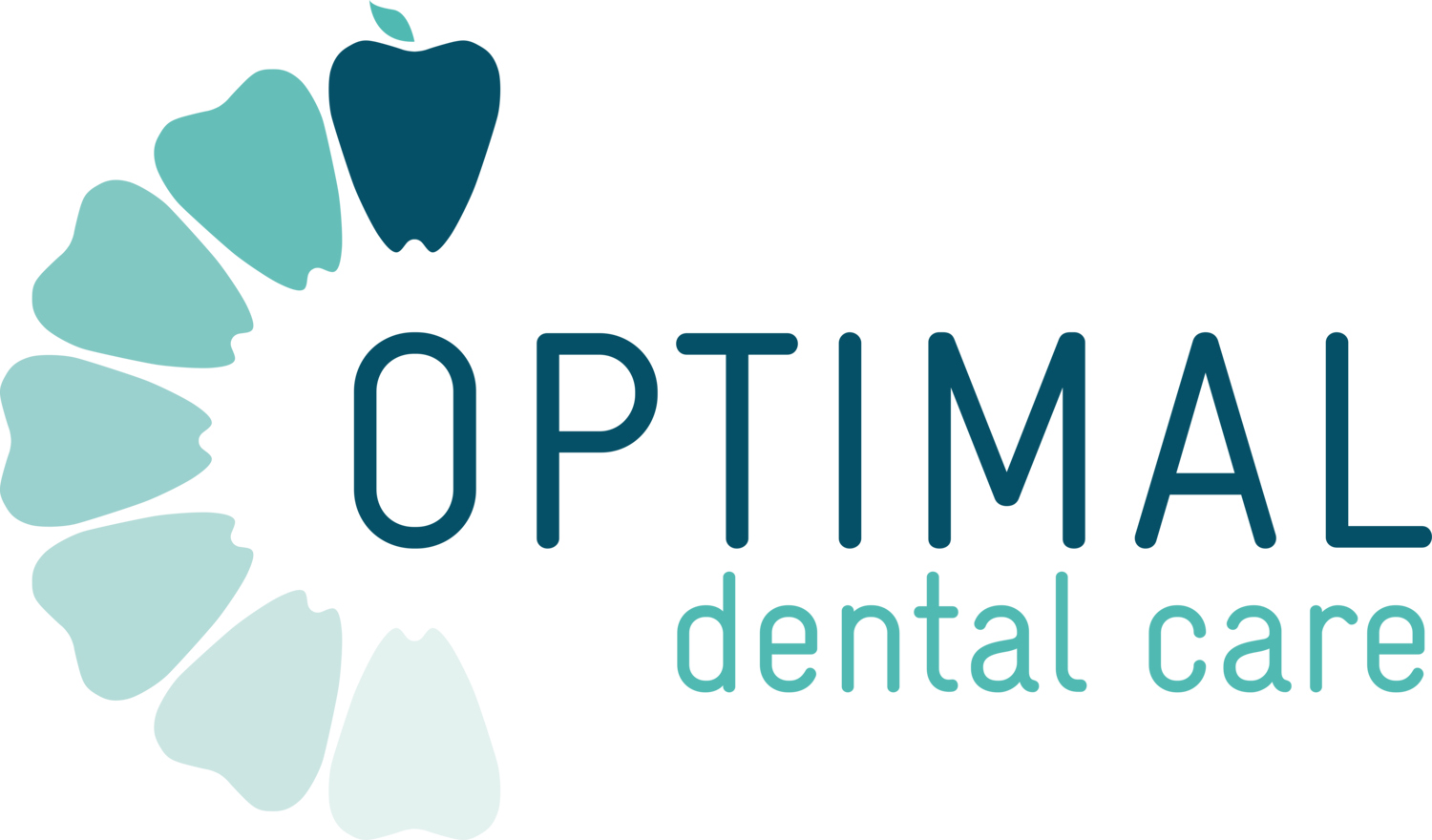Understanding the Connection between Mental Health and Oral Health
We frequently categorise our health based on our well-being, ignoring the close relationship between dental and mental health. These words appear to be separate, but they are deeply interconnected. By exploring this relationship, we learn how our mental health has a major influence on the condition of our teeth, gums, and general oral hygiene. It is important to understand the wide nature of health and the need for an all-encompassing wellness strategy that considers the interactions between our dental and mental health.
Research has indicated that those who are experiencing mental health problems are more likely to struggle with their dental hygiene. Depression, anxiety, or stress-related behaviours include eating poorly, brushing and flossing infrequently, and even skipping dental checkups.
On the other hand, dental problems can sometimes make mental health problems worse. Dental issues, such as tooth decay or gum disease, can be painful and embarrassing and cause a drop in self-esteem. They can also exacerbate pre-existing mental health difficulties. This cyclical interaction emphasises how crucial it is to treat both facets of health.
Impact on oral health
The relationship between dental and mental health profoundly affects our overall well-being. Consider stress, which is a prevalent issue. It frequently shows up physically as clenching or grinding of the teeth, a condition known as bruxism. This unintentional behaviour can lead to fractures or misaligned teeth, cause jaw pain, and severely degrade tooth enamel.
People who experience ongoing stress are more susceptible to gum disease. Stress weakens the immune system, making it more difficult for the body to fight off the bacteria that cause gum inflammation and infection. If gum disease is not treated, it can worsen and lead to tooth loss and other serious issues that could endanger oral health.
Depression is a condition that will affect every aspect of a person's day-to-day life including oral health. Depression can present in many ways, it can prevent someone from properly caring for themselves from showering to brushing their teeth. Someone struggling with a long-lasting depressive episode may not have the ability to brush their teeth let alone follow a dental routine. It is important for those suffering to seek the support of mental health professionals and caring dentists. Mental health can have physical effects and both must be treated with equal importance.
Strategies for dental care
A diverse approach is necessary to navigate the complexities of addressing mental health difficulties while maintaining dental health. The following techniques can assist in finding a balance:
Establishing a consistent oral hygiene routine can support stability and structure, especially for those contending with mental health challenges. However, brushing twice daily, committing to regular flossing, and scheduling routine dental check-ups with the finest orthodontist in Woollahra may simply be too much for someone already struggling. In an ideal situation that would occur but if someone is struggling, a realistic alternative might be; to brush once a day for at least 30 seconds and use mouthwash. Booking a dentist appointment nearby is also important. While dental appointments are often considered “scary” or “nerve-wracking”, speaking to our friendly team at Optimal Dental Care will help reduce dental anxiety.
Eating mindfully can be a very effective way to improve dental and mental health. Selecting meals high in vitamins, minerals and nutrients promotes general health and strengthens teeth and gums. Limiting the intake of acidic and sugary meals and drinks is essential to preventing tooth decay and maintaining good oral hygiene.
It is crucial to get help from mental health specialists if you are experiencing signs of stress, anxiety, or depression. Addressing underlying mental health concerns improves the overall quality of life in addition to mitigating their detrimental consequences for dental health. Implementing this proactive approach gives people access to coping mechanisms and interventions specifically designed to promote resilience and overall well-being.
Effective stress management is essential to maintaining dental health. By incorporating stress-reduction methods like yoga, meditation, or mindfulness into your daily routine, you can successfully lessen the negative effects of stress on your dental health. These techniques help to promote relaxation, release tension in the jaw muscles, and lessen the chance of teeth grinding. By adding these methods to your routine, you strengthen your oral health defences against the damaging effects of stress.
Dentists at Bondi Junction or anywhere in Australia are pivotal in the early detection of oral health issues, administering preventive care, and dispensing guidance on oral hygiene maintenance. You can proactively safeguard your oral well-being by consulting Optimal Dental Care. Despite the complexities of managing mental health concerns, investing in routine dental visits helps individuals take control of their oral health trajectory.
Looking for dental implants in Bondi Junction? Search for a dental clinic in Woollahra, and you will find Optimal Dental Care.
